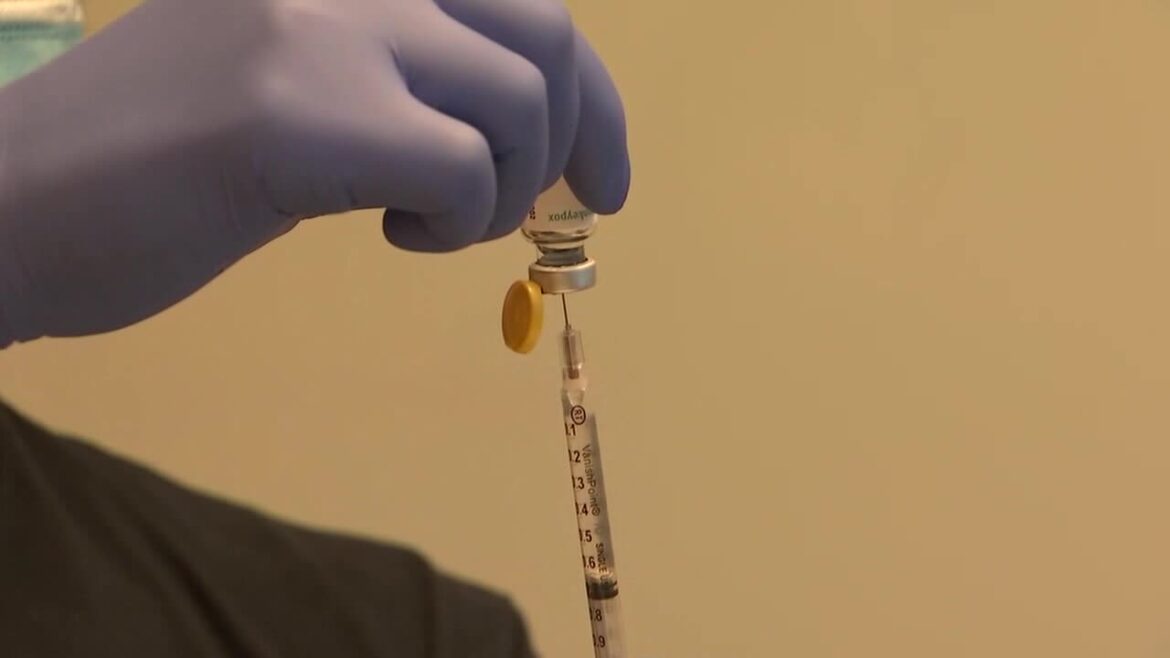Impact of Federal Health Grant Freeze on Dallas County
Introduction to the Funding Freeze
DALLAS – Dallas County is currently grappling with the fallout from a suspension of two federal health grants totaling $70 million. This interruption has had immediate and tangible effects on public health initiatives in the area.
Consequences for Public Health Services
The suspension of these funds has led to the layoff of several health department staff and the cancellation of numerous community immunization events aimed at combating various diseases. The consequences of these unidentified funding cuts are already affecting local health initiatives.
The Background of the Federal Grant Suspension
The funding freeze stems from actions taken during the Trump administration, which pulled $11.4 billion in federal grants related to the COVID-19 pandemic. Officials claimed that the continued use of taxpayer money for a non-existent pandemic was wasteful.
In response to these cuts, several Democratic states have initiated a lawsuit in hopes of reinstating the funding. Additionally, the Centers for Disease Control is pursuing efforts to recover these crucial funds.
Responses from Dallas County Officials
During a recent meeting, Dallas County Health and Human Services Director Dr. Phillip Huang provided insights into the adverse impacts of the funding freeze.
“We had to lay off 11 staff on Friday, also 10 temporary workers. Many of them were some of the immunization staff. As a result, we’re having to cancel approximately 50 plus events,” Dr. Huang reported. This includes immunization clinics that were set up to offer the measles vaccine to children.
The absence of available funding poses a significant threat to community health, particularly as the county aims to prevent outbreaks of highly contagious diseases.
Challenges Ahead for Health Services
Commissioner Andrew Sommerman emphasized the gravity of the situation, asserting, “I want to make sure that the community understands what the federal government has done to us in terms of putting us at risk.”
As the county’s vaccination clinics, which began during the pandemic, now come to a halt, Dr. Huang acknowledged the broadened impact of the shutdown: “The funding may have been labeled as COVID, but it extends far beyond just the COVID impact. We were giving COVID vaccinations, flu vaccines, and also childhood vaccines.”
Alternative Plans for Community Vaccination
Commissioner John Wiley Price raised concerns about the accessibility of vaccinations, particularly for his constituents who face transportation challenges. “40% of my district is still transportation hostage,” he noted.
In response, Dr. Huang mentioned that the county plans to refocus its efforts on utilizing its seven satellite health clinics to ensure community members continue to receive essential vaccinations. “Our brick and mortar centers are the main ones where we provide the most services,” he explained.
Judge Clay Jenkins expressed optimism about collaborating with local organizations to facilitate transportation for those in need: “What we hope will happen is that we will be able to identify people that need a ride and through partnerships…we’ll be able to get everybody to our brick and mortar sites.”

